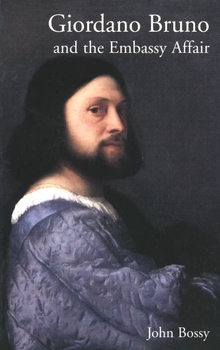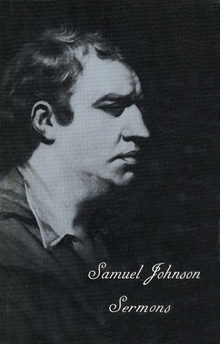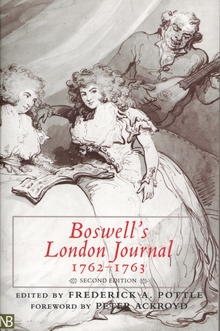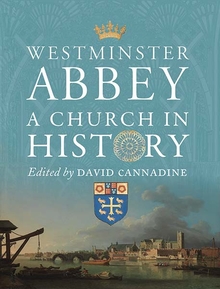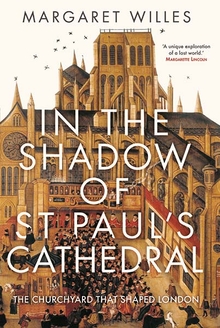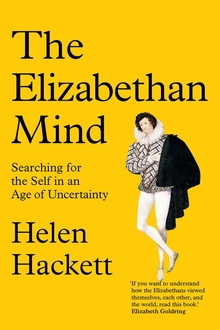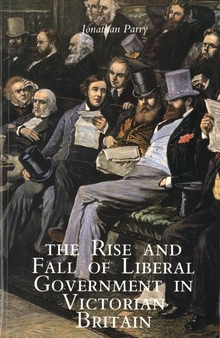Giordano Bruno and the Embassy Affair
WARNING
You are viewing an older version of the Yalebooks website. Please visit out new website with more updated information and a better user experience: https://www.yalebooks.com
John Bossy
This book tells a true detective story set mainly in Elizabethan London during the years of cold war just before the Armada of 1588. The mystery is the identity of a spy working in a foreign embassy to frustrate Catholic conspiracy and propaganda aimed at the overthrow of Queen Elizabeth and her government.
The suspects in the case are the inmates of the house, an old building in the warren of streets and gardens between Fleet Street and the Thames. These include the ambassador, a civilized Frenchman, his wife, his daughter, his secretary, his clerk and his priest, the tutor, the chef, the butler, and the concierge. They also include a runaway friar, the Neapolitan philosopher, poet, and comedian Giordano Bruno, who wrote masterpieces of Italian literature, who was later burned in Rome for his anti-papal opinions, and who has been revered in Italy for his honorable and heroic resistance to papal authority. Others in the cast are Queen Elizabeth, her formidable secretary of state Sir Francis Walsingham, and King Henry III of France; poets, courtiers, and scholars; statesmen, conspirators, go-betweens, and stool-pigeons. When not in London, the action takes place in Paris and Oxford; a good deal of it happens on the river Thames. The hero or villain, who calls himself Fagot, does his work most effectively, is not found out, and disappears.
In the first part of the book these events are narrated. In the second the spy is identified and his story put together. John Bossy’s brilliant research, backed by his forensic and literary skills, solves a centuries-old mystery. His book makes a major contribution to the political and intellectual history of the wars of religion in Europe and to the domestic history of Elizabethan England. Not least, it is compelling reading.
"An unusual historical book. . . . It is well planned, beautifully written, and handsomely presented."—Thomas H. Clancy, s.j., Catholic Historical Review
"This is a detective story. The author discovers an astonishing fact hidden for four centuries—a fact which has consequences for our understanding of the cold war between Catholic and Protestant powers in Europe, and of the mind of one of the sixteenth century's most daring and original thinkers. . . . We enter the world of Elizabethan tragedy; of dark stratagems, and even darker comedy. the mechanisms and mentality of spying are startlingly revealed. The reader will not have encountered such learning born so lightly, nor have been led so entertainingly to follow the historian's tracks. . . . To know the fact, read the book. It is, quite simply, brilliant."—Susan Brigden, Country Life
"A marvellous work of historical detection. It turns the most mysterious and tragic of Renaissance philosophers, who was burnt at the stake in Rome in 1600 and who has been seen as a martyr for science and freedom, into one of the most successful spies in the embryonic (and very necessary) Secret Intelligence Service of Francis Walsingham in Elizabethan London. I found it irresistible."—Hugh Trevor-Roper, Daily Telegraph
"So good a spy was [Bruno] that it has taken 400 years, and a remarkable piece of academic detective work to reveal, as Bossy convincingly does, that Fagot, whose true identity has mystified generations of historians, was simply an alias used by Bruno."—Richard Norton-Taylor, Guardian
"An intriguing work of historical reconstruction."—Thomas I. Crimando, Historian
"[An] immensely learned book. The author, an expert in the history of English Catholicism during the Reformation period, is an unusually imaginative scholar with a rare knowledge of documents and archives. . . . This is a wonderful and quite extraordinary book in which Bossy argues with verve, imagination, and that rare quality in scholarly writing, a patent sense of enjoyment of his work."—Elisabeth G. Gleason, Journal of Modern History
"Bossy opens up a startling new angle on certain secret operations of the mid-1580s. If he is right, he has blown an extraordinarily effective cover, which had everyone fooled at the time and has survived intact for four centuries. . . . This is a remarkable investigation. . . . A triumph of close historical focus."—Charles Nicholl, London Review of Books
"Bossy opens up a startling new angle on certain secret operations of the mid-1580s. . . . This is a remarkable investigation. Bossy handles the evidence with all the microscopic ingenuity of a forensic scientist picking over the scene of a crime. . . . A triumph of close historical focus."—Nolanus Nullanus, London Review of Books [England]
"Spies, plots, intrigue, scheming courtiers and a plot to assassinate the Queen of England. This is not some fevered novel produced by the fertile imagination of a highly imaginative writer. This is raw and brutal fact brought vividly to light in a breathtaking piece of historical detective work."—George Dowson, Manchester Evening News
"This book is a detective story told by a masterly historian."—Diarmaid MacCulloch, New Statesman & Society
"One of the most delightful experiences, for a scholar, occurs when, after long search, or perhaps by chance, he discovers a small key which is found to open a long-locked door and reveal, beyond it, a totally unexpected new vista. John Bossy . . . has discovered such a key, and the vista which it reveals will surprise, perhaps shock, all who have ever wondered what lay behind that door: the door which leads into the hidden life of that most mysterious of the `philosophers of nature' of the Renaissance, Giordano Bruno. . . . If I were entrusted with the defense of Bruno . . . would I believe my own argument? Would a jury believe my summing-up? I am not sure. Mr. Bossy's erudition is so great, his virtuosity in handling it so enviable, the story he tells so fascinating, and he tells it so well, with such verve and subtlety and wit . . . that I, and they, would probably surrender. . . . So then I leave it. This is a marvelous book which, whether right or wrong, equally multiplies rather than resolves the mystery of Giordano Bruno."—H. R. Trevor-Roper, New York Review of Books
"Bossy's creative, thoroughly researched and engaging [work] emulates the investigative style of the best detective fiction."—Deborah E. Harkness, Sixteenth Century Journal
"[Bossy] combines meticulous research with a lively style and guides the reader along the alleys of Elizabethan espionage to some startling conclusions."—Andrew Roberts, Sunday Telegraph
"This is impressive scholarly detective work. . . . The reader . . . [must] admire the virtuoso scholarship he employs. . . . Even though everyone may not share Professor Bossy's evident pleasure in finally putting an anticlerical hero in his place, the panache with which he does it will command respect. This book . . . is a very real tour de force by a very clever historian."—Simon Adams, Times Literary Supplement
"A tour de force. . . . Bossy has made of [his] material a lively story that conveys superbly the detail and the strangeness of another time and place. . . . This tragicomedy is presented in a sparkling style that made me laugh again and again."—Stephanie Martin, Wilson Library Bulletin
"John Bossy has written a fascinating detective story that is also an impeccable work of scholarship. Trenchant, witty, and evocative, this book is a supreme feat of historical reconstruction."—Bernard Wasserstein, Brandeis University, author of The Secret Lives of Trebitsch Lincoln
Publication Date: August 11, 2002

